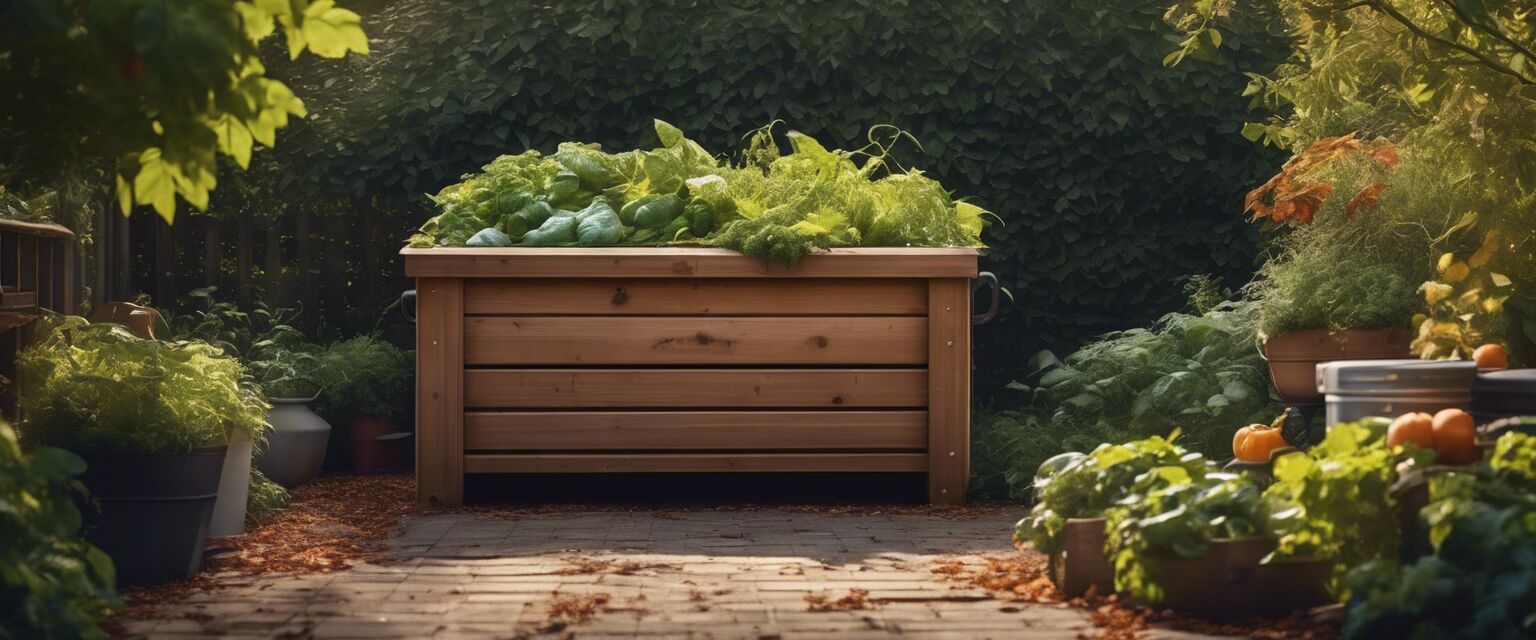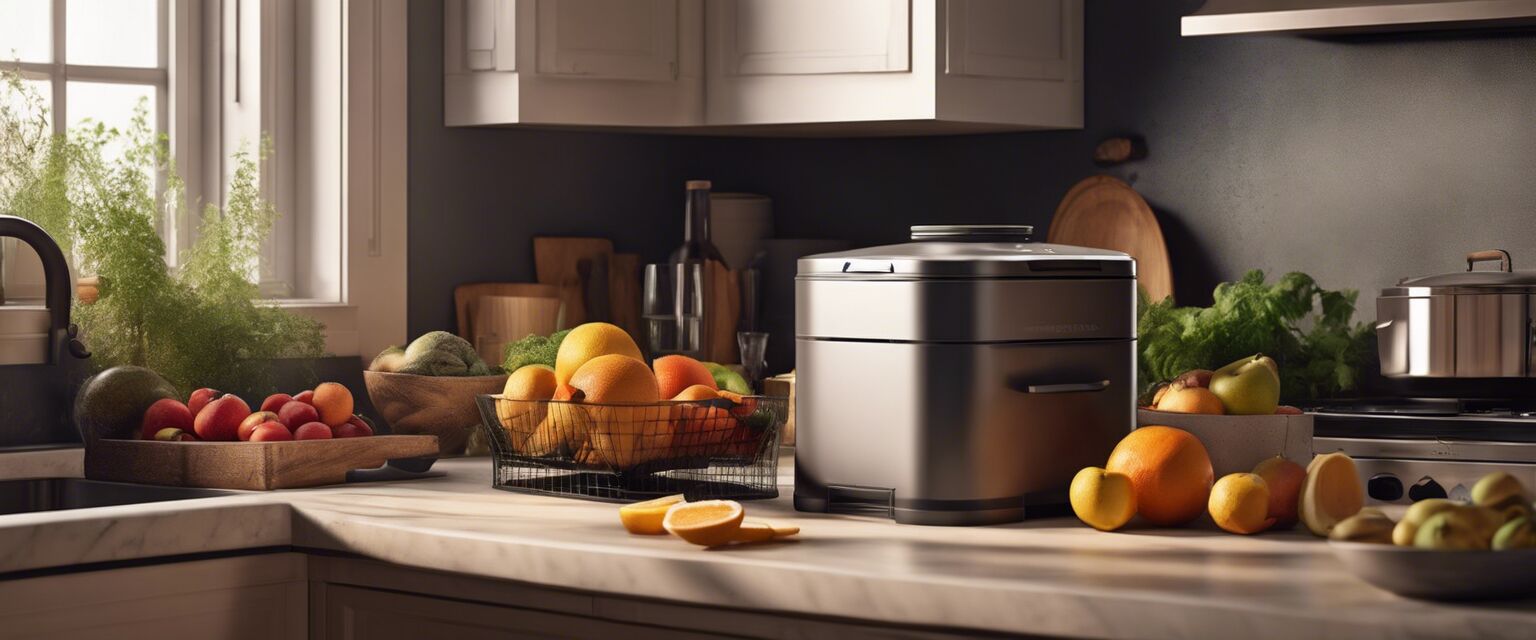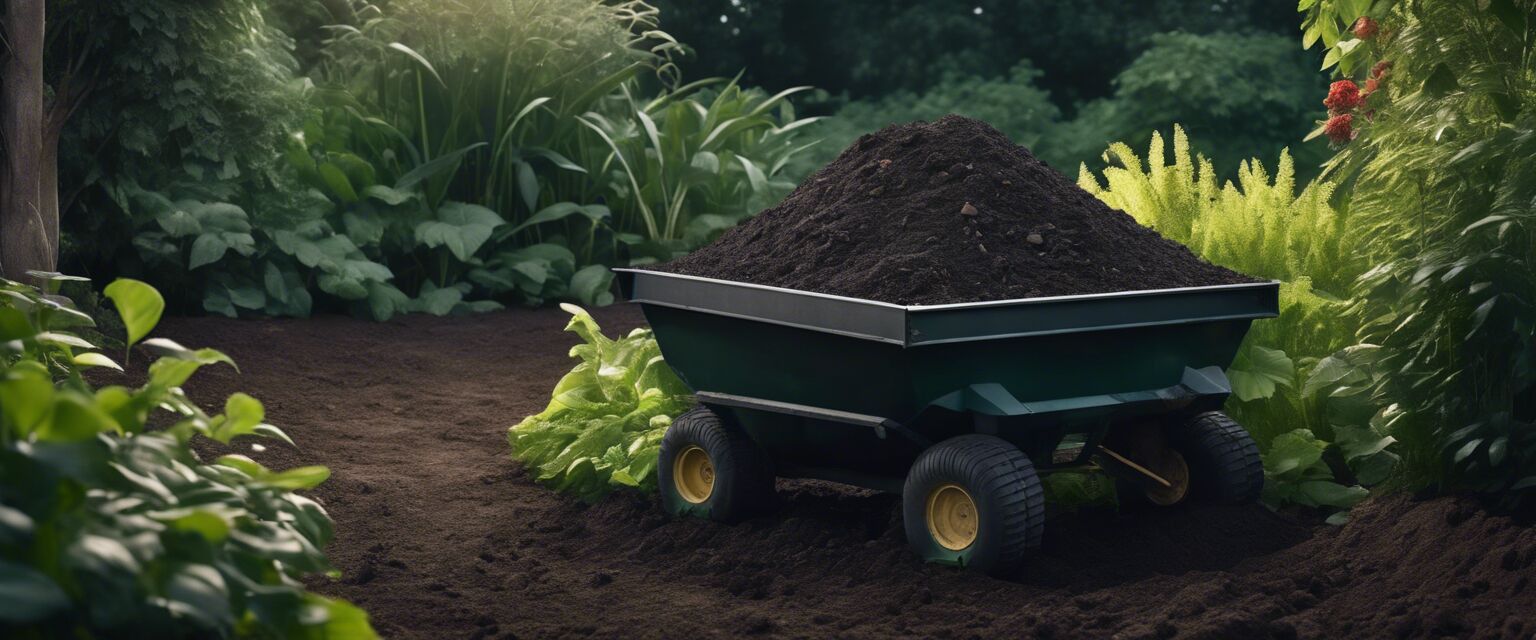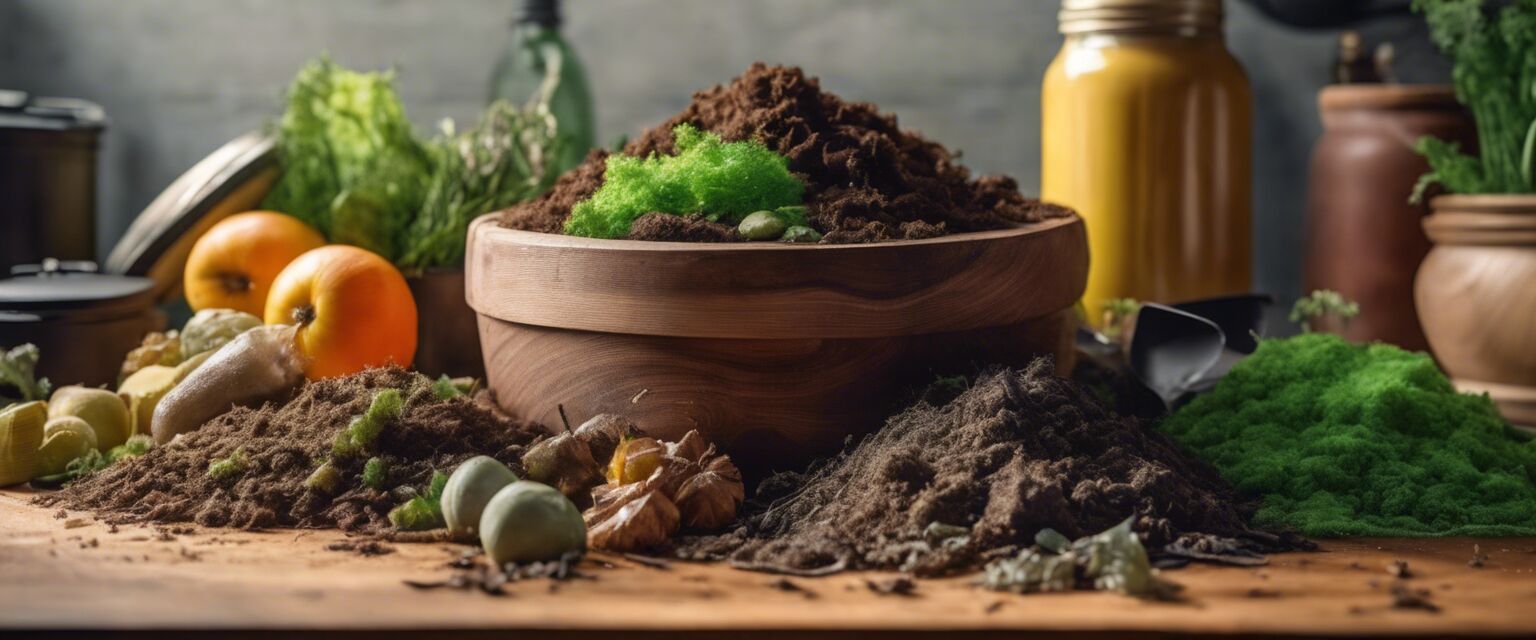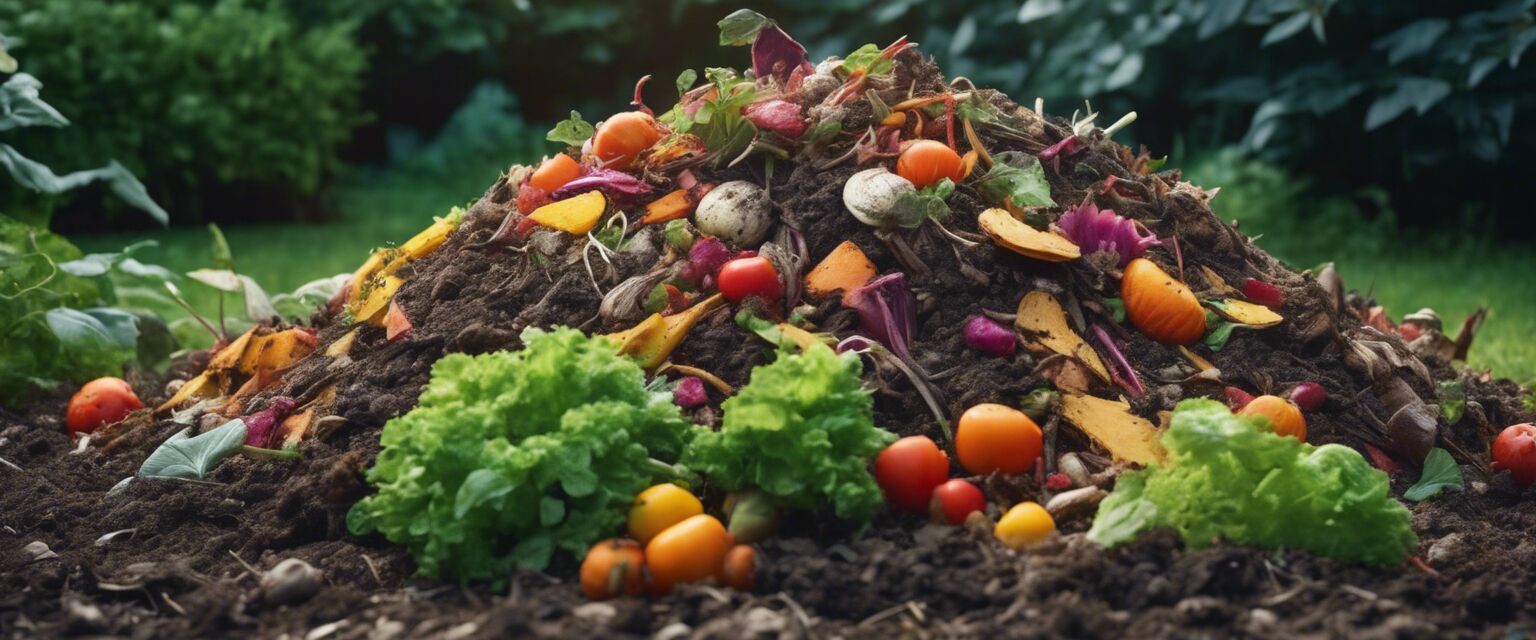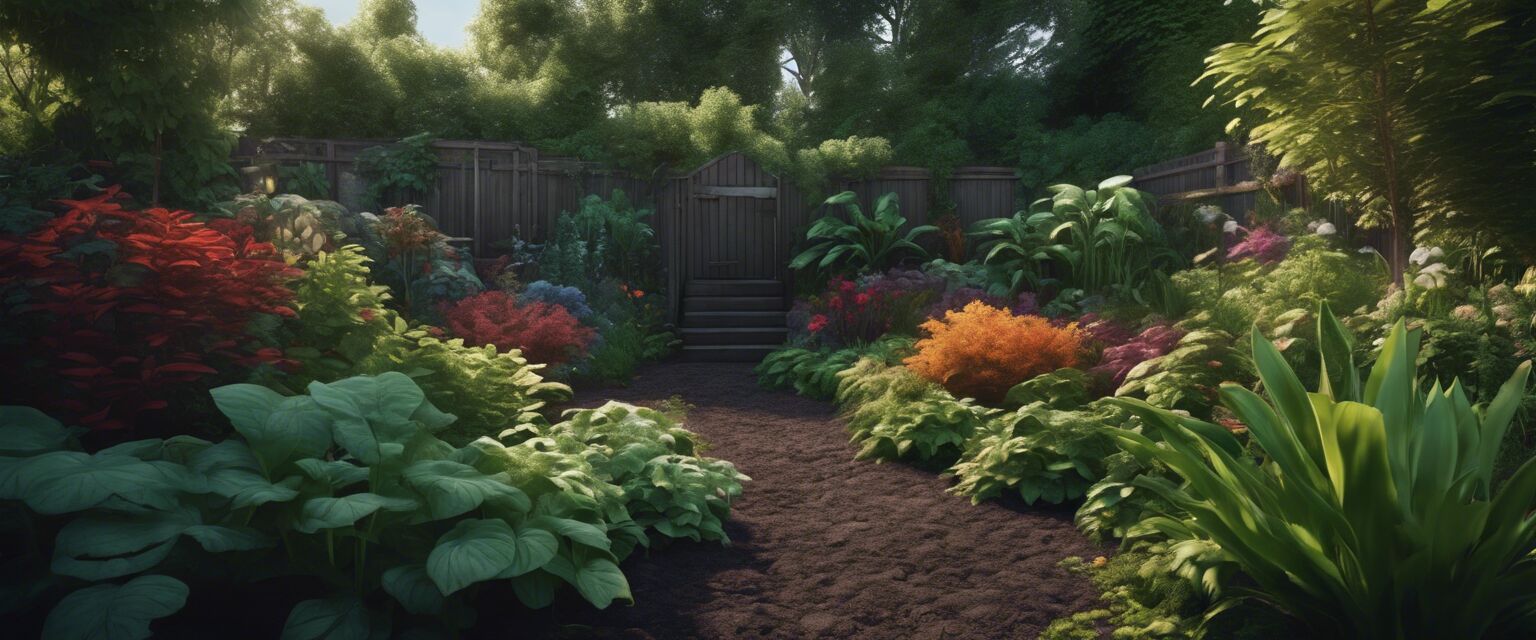
Benefits of Composting
Key Takeaways
- Composting enriches soil and promotes healthier plants.
- It significantly reduces the amount of waste sent to landfills.
- Composting can lessen soil erosion and improve water retention.
- Environmental benefits include reducing greenhouse gas emissions.
Composting is more than just a trend; itâs a sustainable practice that benefits our environment, reduces waste, and nourishes our soil. Whether you're a seasoned gardener or a beginner looking to enhance your lawn, understanding the advantages of composting can empower you to make eco-friendly choices. Let's dive into the extensive benefits of composting and how you can easily start your journey.
Why Composting is Important
Composting is a natural process that converts organic material into nutrient-rich soil conditioner known as compost. By recycling organic waste such as kitchen scraps and yard waste, we can significantly contribute to environmental health and sustainability. The importance of composting can be summed up in the following points:
- It reduces landfill waste.
- It enriches garden soil.
- It enhances the health of plants.
- It mitigates environmental hazards.
Advantages of Composting
1. Soil Health Improvement
Compost acts as a natural fertilizer, improving soil texture and providing essential nutrients. Below are some benefits of compost for soil health:
| Benefit | Description |
|---|---|
| Enhanced Nutrient Content | Compost is rich in vitamins and minerals which nourish plants. |
| Improved Soil Structure | It helps soil retain moisture and enhances drainage. |
| Beneficial Microorganisms | Compost introduces beneficial bacteria and fungi essential for plant health. |
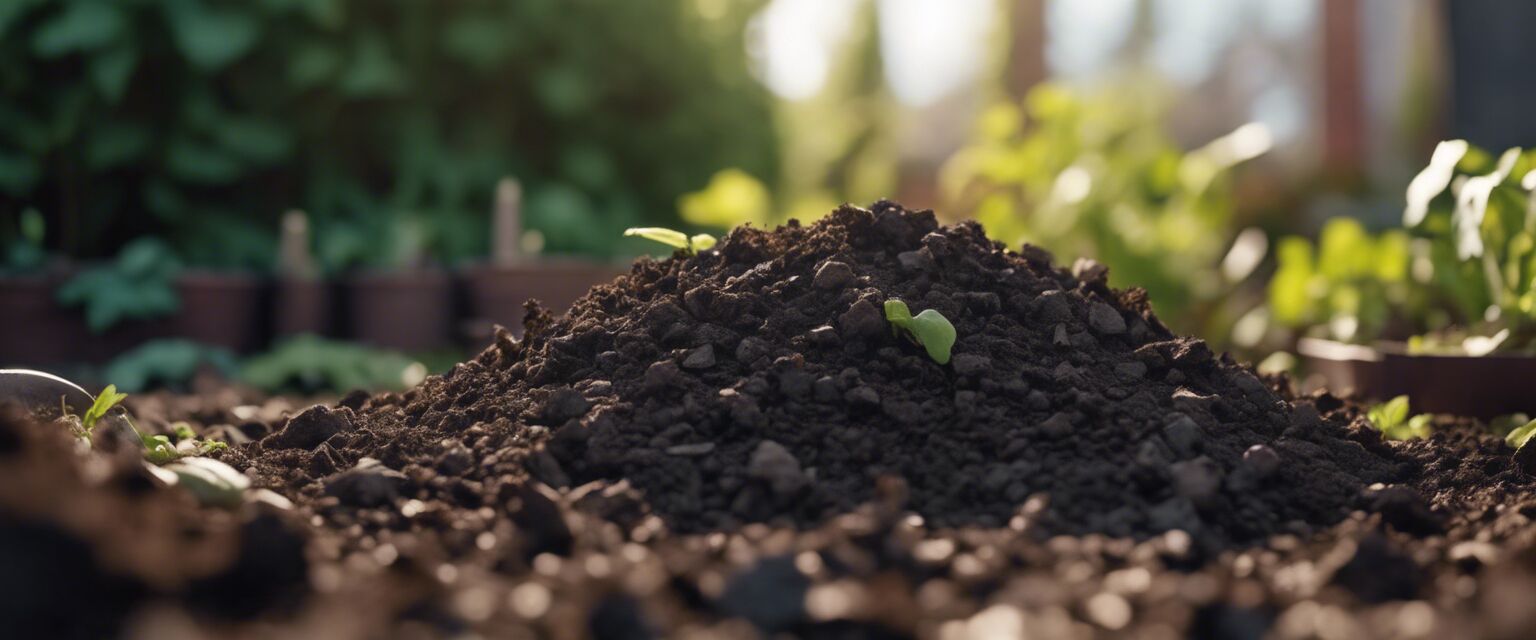
2. Waste Reduction
Composting reduces the volume of waste that ends up in landfills. By composting, we can save space and prevent harmful emissions during waste decomposition:
- Approximately one-third of household waste can be composted.
- Composting significantly reduces methane emissions, a potent greenhouse gas.
3. Environmental Benefits
Composting offers numerous environmental advantages that contribute to a healthier ecosystem:
| Environmental Benefit | Description |
|---|---|
| Reduces Landfill Waste | Cuts down the trash and conserves landfill space. |
| Prevents Erosion | Compost helps anchor soil and reduces erosion caused by wind and rain. |
| Carbon Sequestration | Composting captures carbon, contributing to healthier air. |
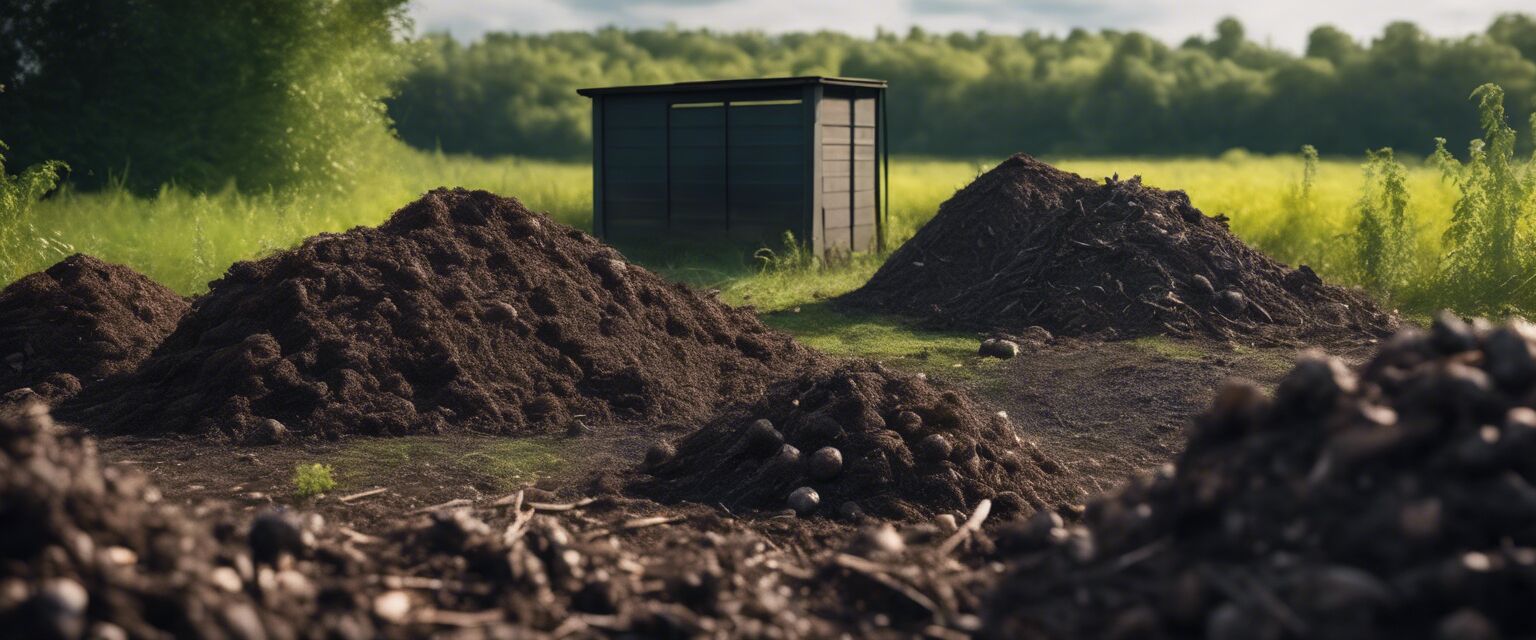
Common Misconceptions about Composting
Many people have misconceptions about composting that may discourage them from starting. Letâs clear some of these up:
- It smells bad: When done correctly, composting should not produce unpleasant odors.
- It attracts pests: Proper compost management can prevent pests.
- Itâs too complicated: Composting can be as simple or as detailed as you want it to be.
Getting Started with Composting
If you're ready to start composting, follow these simple steps:
- Choose a composting method:
- Cold composting for beginners.
- Hot composting for quicker results.
- Select a compost bin or pile location: Opt for a space thatâs accessible yet out of the way.
- Gather compost materials:
- Greens: fruit scraps, vegetable peels, coffee grounds.
- Browns: dry leaves, shredded paper, cardboard.
- Maintain your compost: Turn it regularly and monitor moisture levels.
Tips for Successful Composting
- Balance greens and browns for optimal decomposition.
- Chop materials into smaller pieces to accelerate the process.
- Keep your compost pile moist, but not overly wet.
Conclusion
Composting is a simple, effective way to make a positive impact on the environment while nourishing your garden. By understanding the benefits of composting, you're one step closer to adopting a sustainable lifestyle. With the right composting methods and some patience, you can transform organic waste into a resource that enriches your garden and supports healthy living.
Pros
- Enhances soil health and fertility.
- Reduces waste production significantly.
- Creates a natural ecosystem in your garden.
- Conserves water and improves water retention.
Cons
- Requires some initial time to set up and maintain.
- Some materials are not compostable.
- Can attract pests if not managed properly.
Explore More
Looking to dive deeper into composting? Check out our sections on:
